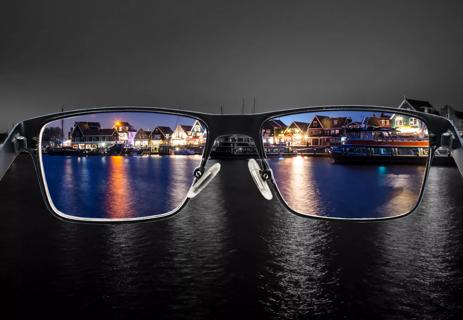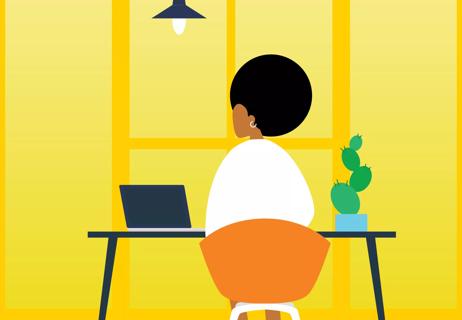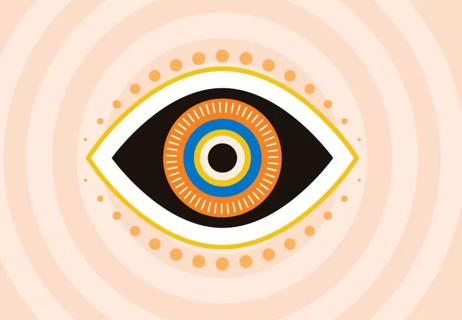Keep your eyes in tip-top shape

If you have 20/20 vision (score!) or wear glasses or contacts regularly to correct your vision, you might assume you’re doing everything right to protect your eyesight.
Advertisement
Cleveland Clinic is a non-profit academic medical center. Advertising on our site helps support our mission. We do not endorse non-Cleveland Clinic products or services. Policy
But developing a few additional healthy habits now may pay off for your vision down the road.
As you get older, your risk of developing some of the most common causes of blindness, including cataracts, glaucoma and age-related macular degeneration, goes up.
Luckily, there are steps you can take to reduce your risk and protect your vision long-term.
Research supports that a number of nutrients can help protect vision, says optometrist Kristi Stalker, OD. They include:
Advertisement
“I wouldn’t recommend that people take the high-dose vitamins for macular degeneration unless they actually have the condition, but I do think that taking a multivitamin or making sure you eat a wide variety of fruits and vegetables is very important,” Dr. Stalker says.
Many people are diligent about applying sunscreen before they go outside to protect their skin — and you should be just as diligent about protecting your eyes.
Excessive UV exposure can damage the front and back of the eyes and contribute to a number of problems that lead to vision loss, including cataracts, macular degeneration and eye cancers. Choose a good-quality pair of sunglasses that wrap around your eye area, and make sure the lenses provide 100% UV spectrum protection.
Staring at a computer, smartphone or tablet screen for hours every day strains your eyes (computer vision syndrome is a real thing). “We recommend taking a 20 second break every 20 minutes to look 20 feet away,” Dr. Stalker explains.
“This is to relax your eyes and let yourself blink, because we find that people don’t blink nearly as often when they’re looking at a computer screen.”
Blinking lubricates the eye, so not blinking can make your eyes feel dry. Dr. Stalker recommends using over-the-counter eye drops four times a day if dry eyes cause you discomfort.
Make a visit to an eye doctor part of your annual preventive care routine — and not just to find out whether your glasses prescription has changed. With a comprehensive eye exam, doctors can detect early signs of eye diseases like glaucoma and AMD that might not yet be causing you any symptoms. These conditions are better treated early to minimize or slow vision loss.
Plus, your eyes can hold clues about other aspects of your health. Sometimes, signs of serious conditions like diabetes and high blood pressure can affect your eyes in ways that an optometrist or ophthalmologist can see during a routine exam.
So just because your eyes aren’t bothering you now doesn’t mean you should ignore them. Take these small steps now to manage your screen time, sun time and nutrition, and your eyes will thank you.
Advertisement
Learn more about our editorial process.
Advertisement

These trendy glasses might brighten some shades and help you see the difference between colors or brightness of hues, but they won’t cure your color vision deficiency

Some eye conditions can have more noticeable effects at night

Combat blurry night vision and see more clearly with these expert tips

Nonstop screen time can strain your eyes

Tips for protecting and preserving your eyesight

Find out exactly why too much screen time can lead to eye problems

If you’re feeling short of breath, sleep can be tough — propping yourself up or sleeping on your side may help

If you fear the unknown or find yourself needing reassurance often, you may identify with this attachment style

If you’re looking to boost your gut health, it’s better to get fiber from whole foods